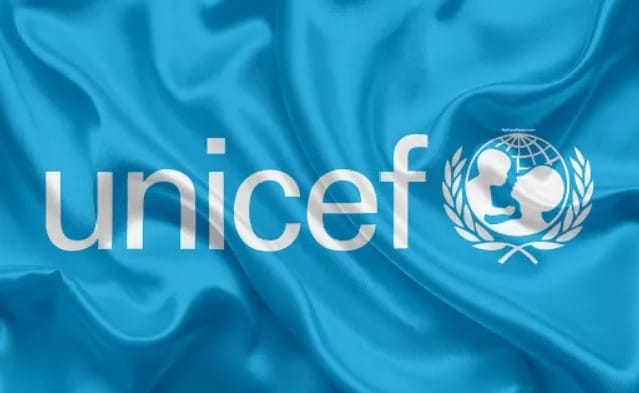Ibrahim Ibrahim
United Nations Children’s Fund, UNICEF, has called for child-sensitive budgeting in Jigawa to enhance the welfare and development of over 1.5 million children in the state.
Mr. Rahama Rihood Mohammed Farah, Chief of UNICEF Field Office Kano made the call while speaking in a Media Dialogue on Child Sensitive Budgeting and Planning.
He explained that, over the years, Jigawa state has made progress in improving the lives of children. However, as the data show, still too many of Jigawa’s children are being left behind.
According to him, ” Available data shows that Jigawa State has one of the highest under-five mortality rates in Nigeria, estimated at 127 deaths per 1,000 live births. This means approximately 1 in 8 children born in Jigawa do not live to see their fifth birthday”.
“55.6% of children under five in Jigawa are stunted. This not only affects their physical growth but irreparably damages their cognitive development, limiting their future potential and trapping families in cycles of poverty.
Only 5% of children under two receive a minimum acceptable diet”
“While access to primary education has improved, learning outcomes remain a major concern, Many children who are in school are not acquiring foundational literacy and numeracy skills crucial for their future. For instance, only 2% of primary school learners in Jigawa state have foundational reading skills while less than 1% have numeracy skills”
“Also, Children continue to face risks, including child labour and early marriage. Robust systems for child protection require sustained investment to be effective”
He noted that children’s sensitive budgeting includes planning, allocating, releasing, spending, and tracking public resources to ensure they effectively and equitably meet children’s specific needs and uphold their rights.
State Commissioner of Budget and Economic Planning, Babangida Umar Gantsa, said, In Nigeria, children continue to face deprivation due to multidimensional poverty and childhood hardships, which have lifelong consequences.
He hinted that the challenges stem from limited access to nutritious food, healthcare, quality education, WASH (Water, Sanitation, and Hygiene) facilities, and other essential services.
The Commissioner stressed that Child budgeting is a vital mechanism to ensure accountability in translating commitments related to children in projects/programs.
He said Jigawa State Government has been doing its best to protect the rights of children, and also assured to address children’s issues in budgets both as a process and as an outcome.





